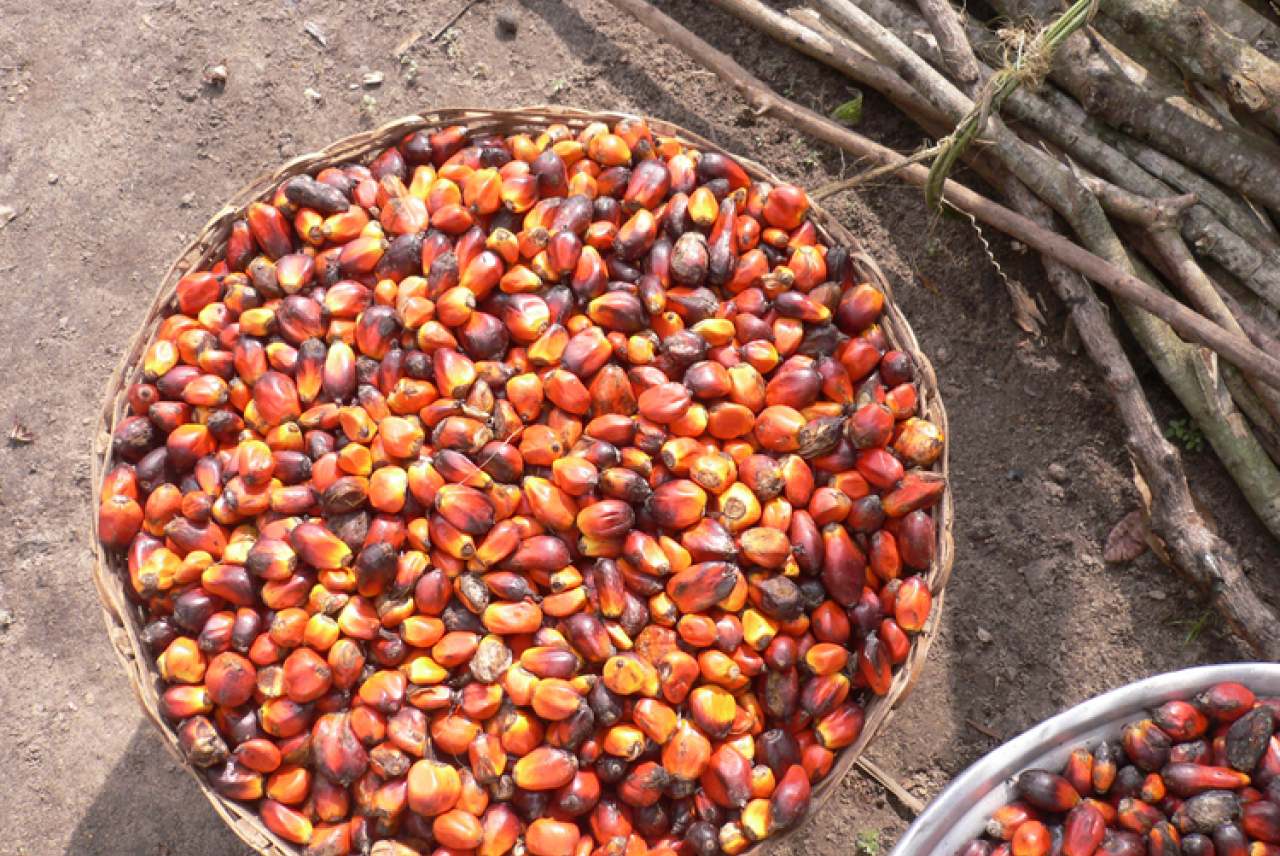Recent developments at the RSPO
In November 2018 the RSPO held its 16th Annual Roundtable Conference, in Malaysia. It was framed around the recent review of the RSPO Principles and Criteria (P&C), which aim to go further in halting deforestation, protecting peatlands, and strengthening human and labour rights.
The High Carbon Stock Approach is to be included in the revised standards, as well as no new plantings on peatland. However, Greenpeace Indonesia says, “the new rules will take at least two years to come into effect and right now numerous RSPO members are destroying rainforests with impunity. RSPO must address this immediately if it is to make a real difference on the ground”.
POIG says it also welcomes in particular that there are clearer safeguards for workers, including more rigorous requirements addressing child labour and forced labour, improved Free, Prior and Informed Consent procedures and measures to enhance local food security.
But it also states that there are still weaknesses related to:
- allowing the use of highly toxic, bio-accumulative and persistent pesticides;
- not prohibiting Genetically Modified Organisms (GMOs);
- working hours and overtime, precarious labour, living wages
“POIG calls on the RSPO to urgently strengthen its auditing systems and processes so its claims of “certified sustainable palm oil” can be trusted by consumers across the globe.”



